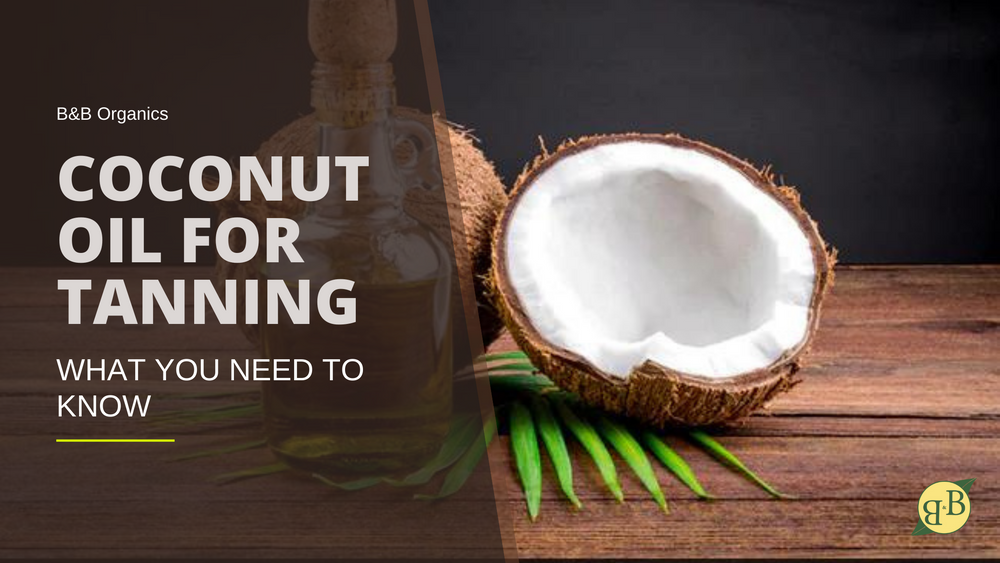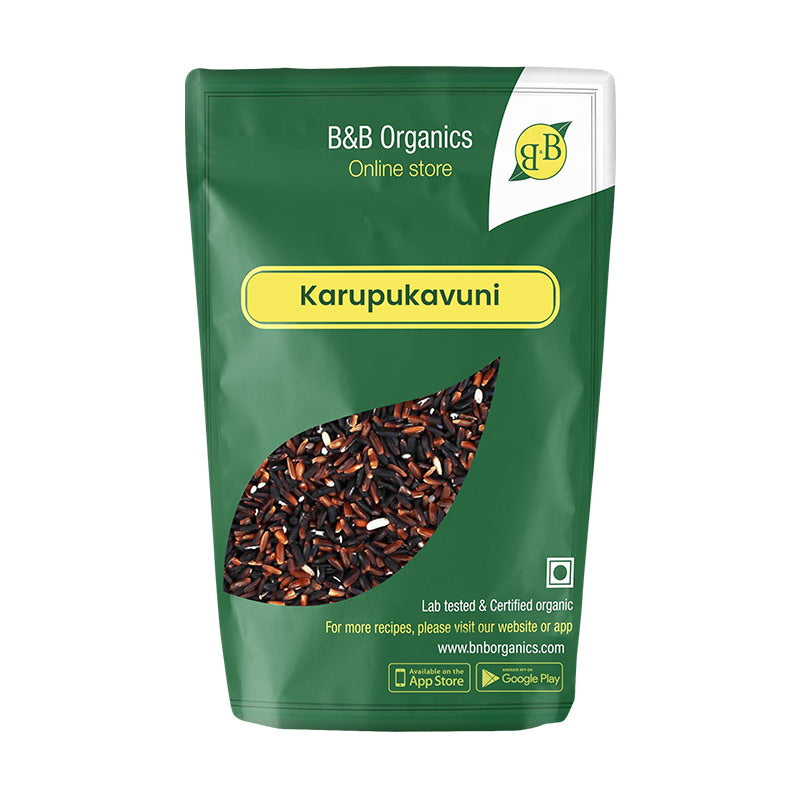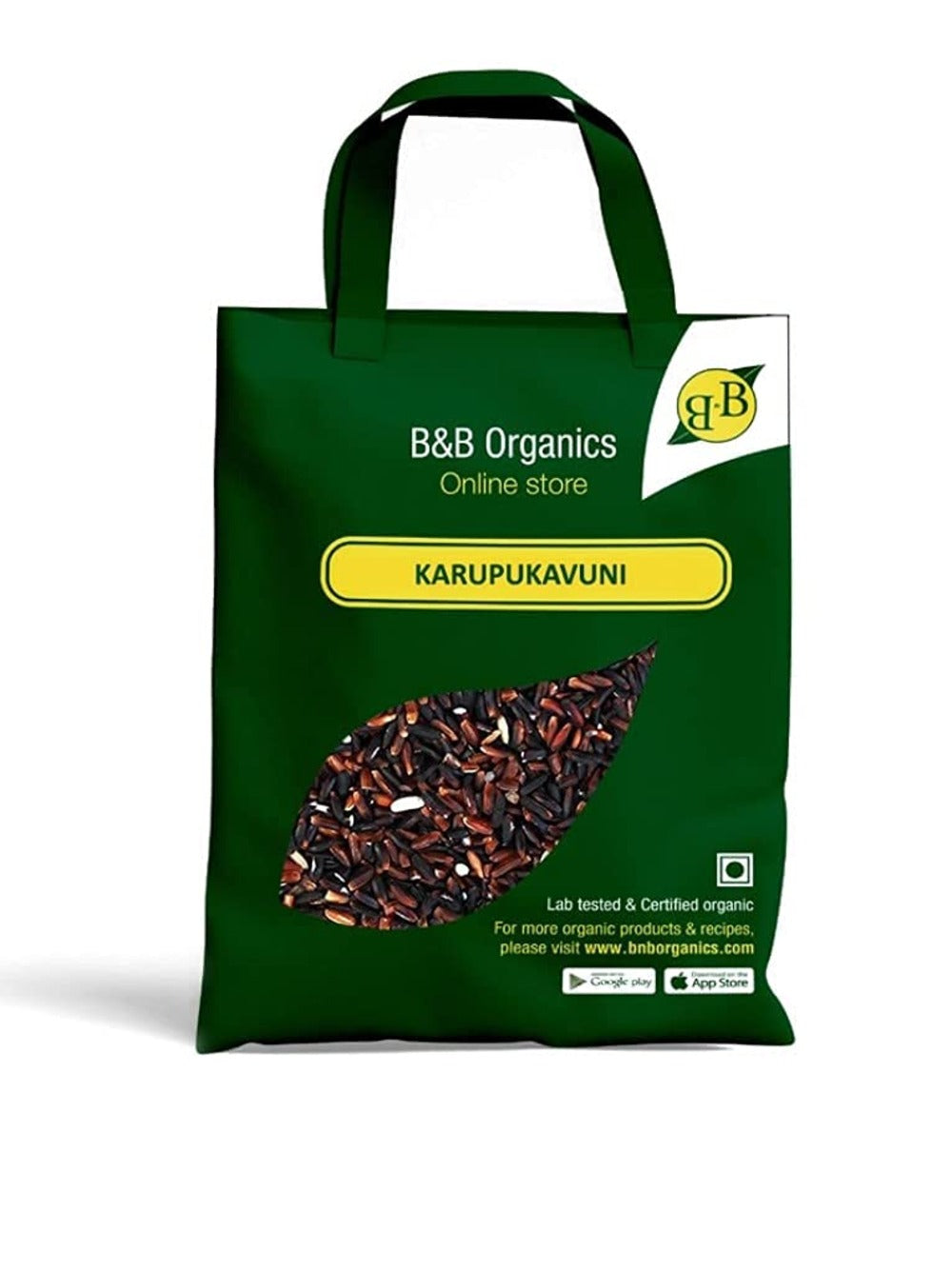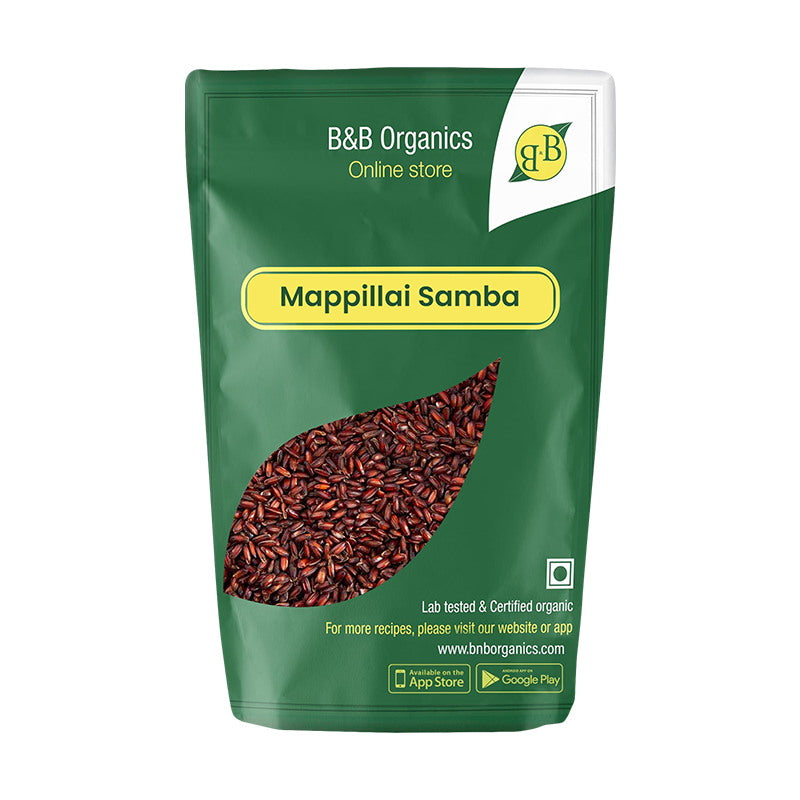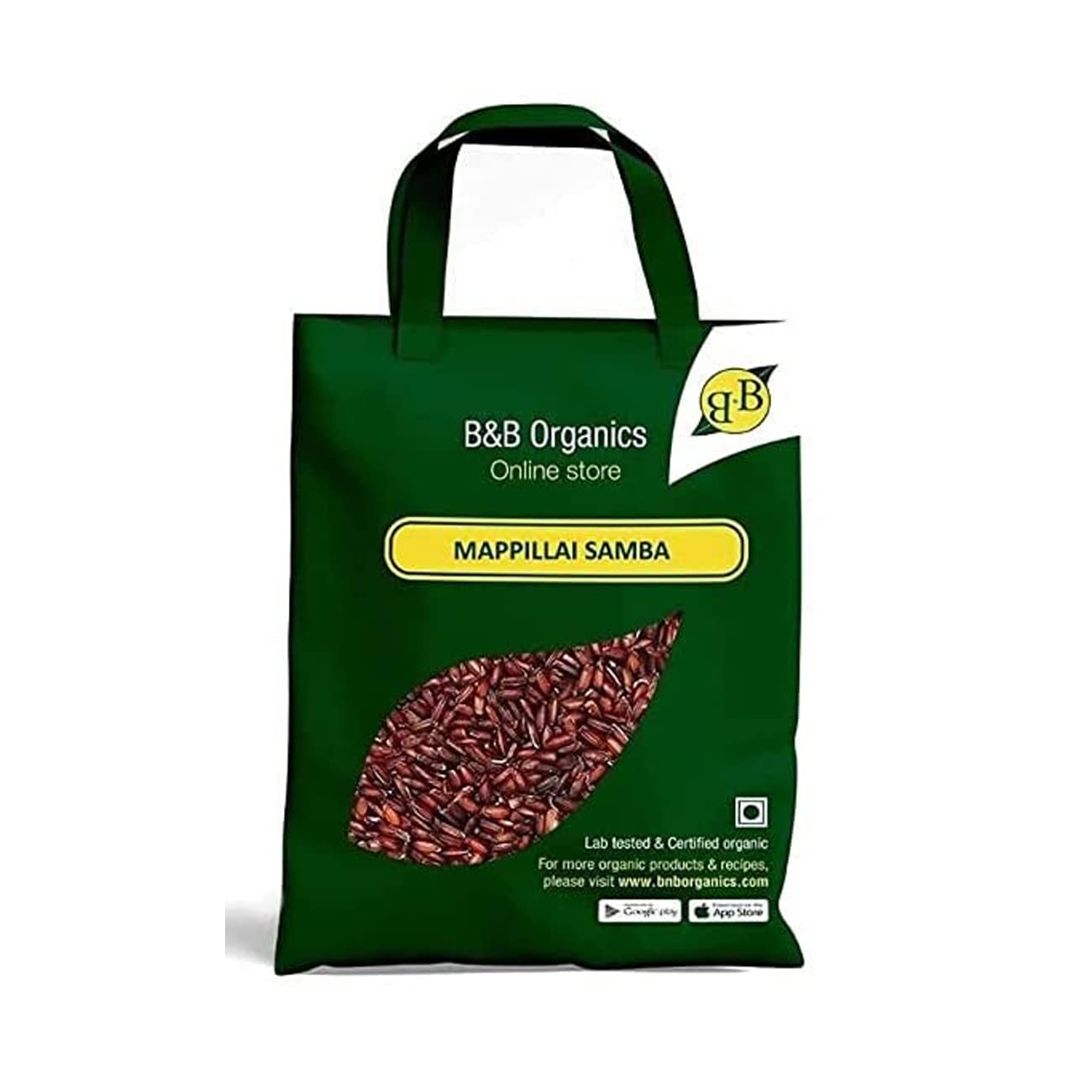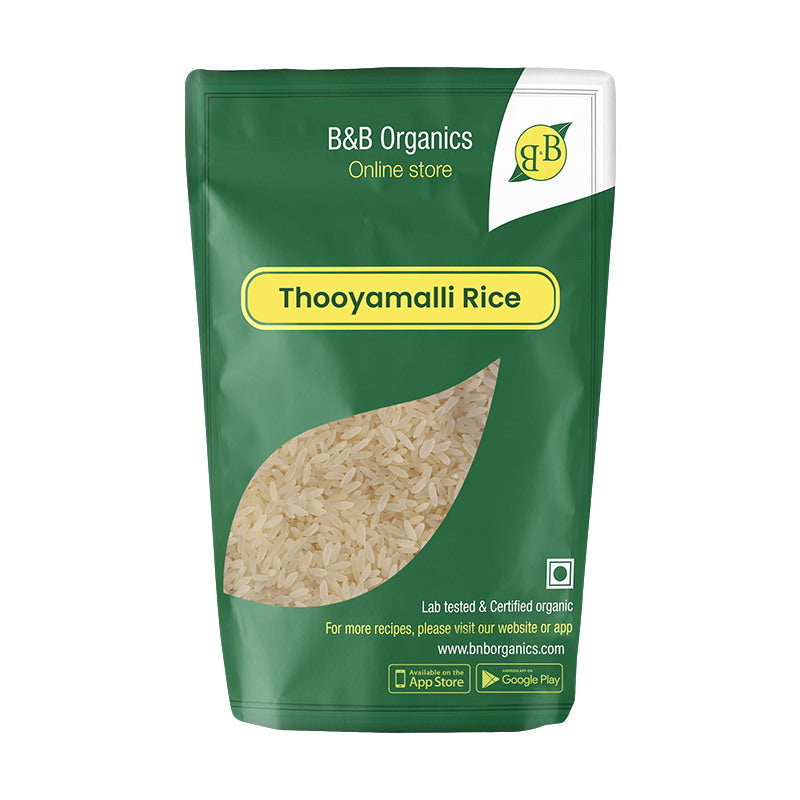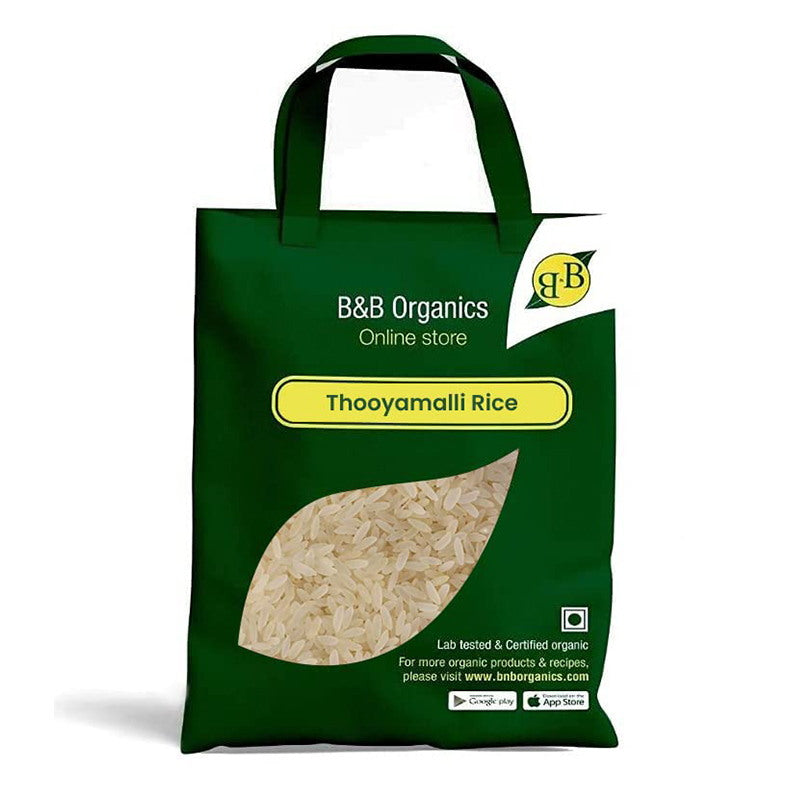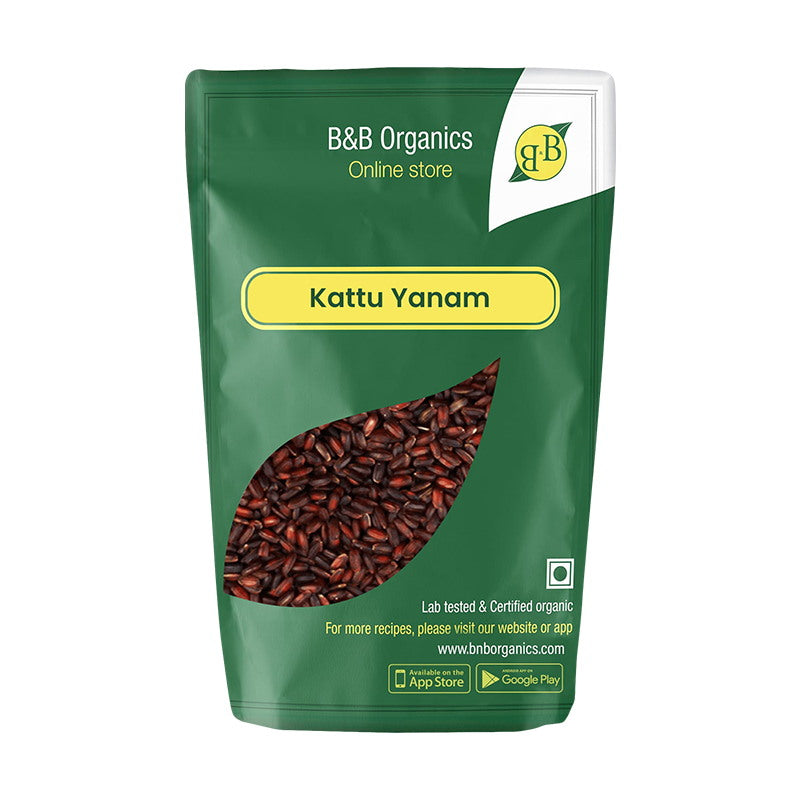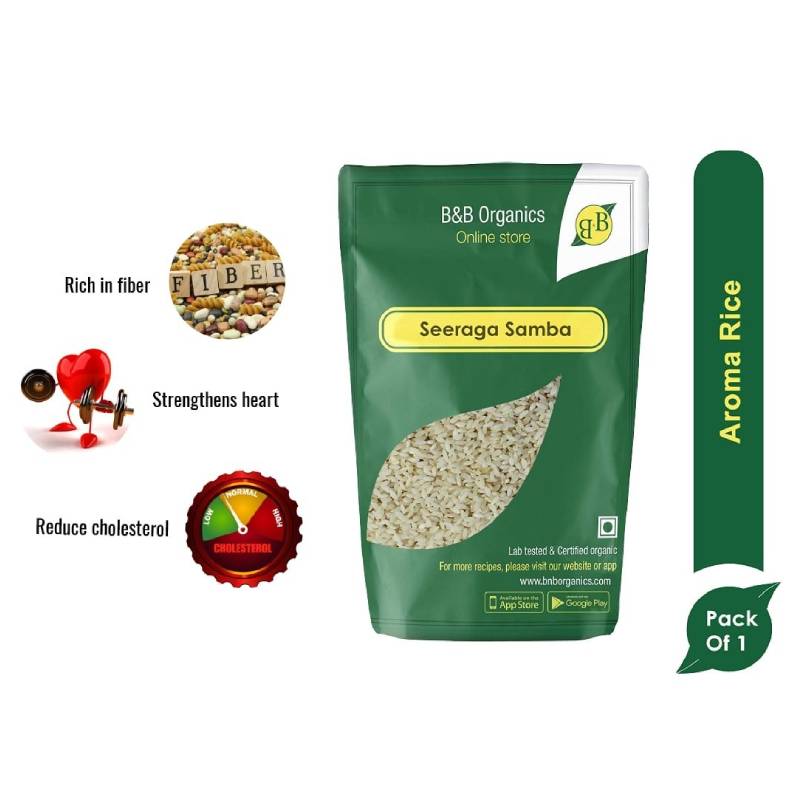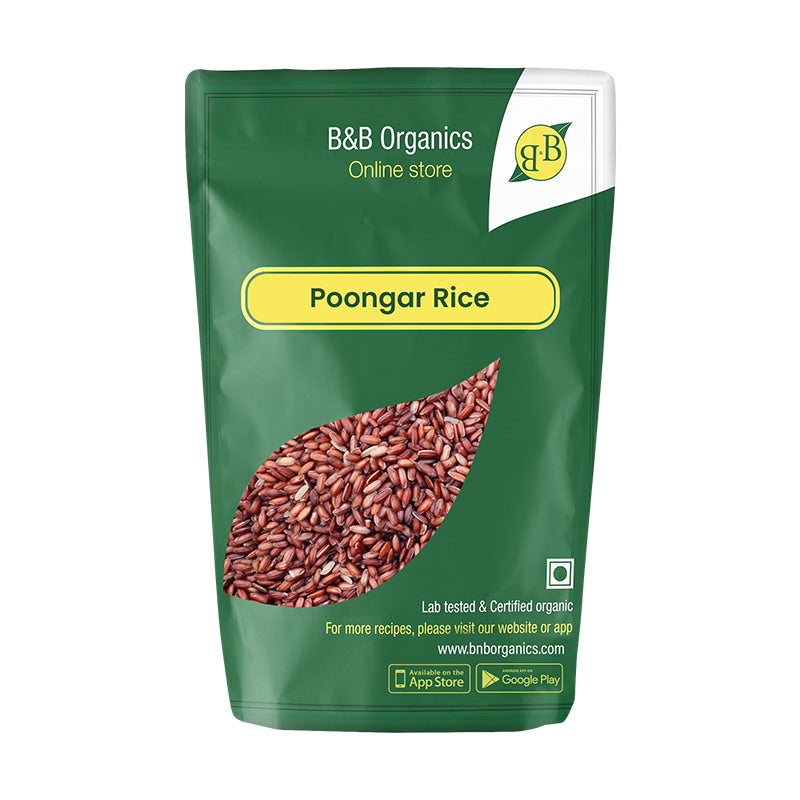Most likely, you are aware of some of the benefits coconut oil has for your health. According to research, it might enhance cognitive function, raise good

cholesterol, and possibly aid in weight loss.
It can provide numerous beneficial properties, that is why it has gained in popularity as an ingredient in many cosmetics.
What about tanning with coconut oil, though? Does it allow you to bask in the sun's bright radiance without any hazards or adverse effects? Can you comfortably sunbathe with it? These points will be answered in this article.
UV exposure's dangers:
Overexposure to the sun can damage your skin, accelerate the ageing process, and even lead to skin cancer if you don't use any sun protection.
The incidence of melanoma, the most deadly form of skin cancer, has risen by 800% among women between the ages of 18 and 39, based on the AAD. The major cause of melanoma in most instances is contact to UV radiation from the sun or tanning beds.
The AAD advises against the use of tanning beds and urges everyone to shield their skin from the sun's harmful Ultraviolet radiation as ultraviolet radiation exposure is the most avoidable risk factor for skin cancer.
Is UV protection offered by coconut oil?
Research reveals that the sun protection factor (SPF) of coconut oil is only about 8. However this study wasn't performed on human skin; it was performed in a lab.
The amount of Ultraviolet radiation that coconut oil is believed to block is only about 20%. This is inadequate to protect your skin from UVB and UVA radiation from the sun, both of which may harm it.
The AAD recommends reapplying sunscreen per 2 hours including using one with an SPF of 30 or greater for sufficient UV protection.
Your skin won't receive the proper safety if you only put coconut oil on it and don't apply any other forms of protection from the sun, especially if you spend a great deal of time outside. Coconut oil likely won't contribute much to shield your

skin from the sun's Ultraviolet radiation if you have a light complexion.
How does coconut oil benefit the skin?
Although it's not a great decision to rely on coconut oil for protection from the sun or a good tan, it can benefit your skin in other aspects.
Medium-chain fatty acids, a type of saturated fat, are found in coconut oil in high concentrations. These fatty acids, which influence the skin in different ways, can offer a number of advantages.
Can hydrate skin:
Coconut oil is used as a cleanser for ages by inhabitants of the tropics. A tiny 2018 study found that utilising coconut oil for 2 weeks improved significantly the hydration of the skin in persons with super dry skin.
Reduces inflammation:
According to research, coconut oil may be anti-inflammatory, particularly for certain skin issues. Eczema, psoriasis, and contact dermatitis just are a handful of the many types of skin conditions that chronic inflammation is a main factor in.
People who use coconut oil have been found to suffer less inflammation after becoming subjected to UVB radiation, as per a research. The elevated levels of polyphenols and fatty acids in the oil can defend against swelling and have a barrier-improving impact, as per researchers.
Antimicrobial characteristics:
Microorganisms that are toxic can be removed by coconut oil. Monolaurin, which is present in the lauric acid in the oil, aids in the breakdown of lipid-coated bacterial cell membrane. Viruses, bacteria, and fungi can all be eradicated from your skin by coconut oil.
Possibly aids in the wound healing process:
According to several studies, the antibacterial properties of coconut oil may accelerate the wound's healing.
Virgin coconut oil hastened recovery, enhanced the antioxidant state of the skin, and raised collagen production in a rat study. Another experiment on animals showed that applying coconut oil and an antibiotic improved the recovery of burn injuries.
Keeping your skin safe:
Put on sunscreen:

An SPF of 30 or greater, which blocks around % of the sun's harmful rays, is what the AAD recommends using. Use sunscreen at least 15 minutes prior to stepping outside, and repeat at least every two hours, or every hour if you're diving or panting.
Conceal:
Wear protective, wide-brimmed caps, and sunglasses while going outside, particularly between the hours of 10am and 4pm
Look for shade:
If you can, search out shaded areas to help shield yourself from the direct sunlight.
Skip the tanning bed:
Before the age of 35, tanning bed use raises melanoma risk by 59%, and the risk rises with every use.
Have a look at a self-tanner:
Using a self-tanner must be performed at least twelve hours after shaving. Even if sunscreen has been included in the self-tanning product, never forget to apply it prior to heading outside in the sun.
Final outcome:
While coconut oil has several skin-friendly qualities, it is not advisable to use it to tan. It offers additional protection from the sun's damaging UV rays, but not sufficient to prevent you from being sunburned or sustaining other types of long-lasting damage to the skin.
A sunless self-tanner is a safer option. These cosmetics can give you a natural glow without harming your skin, and they are fairly priced.


